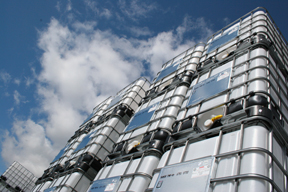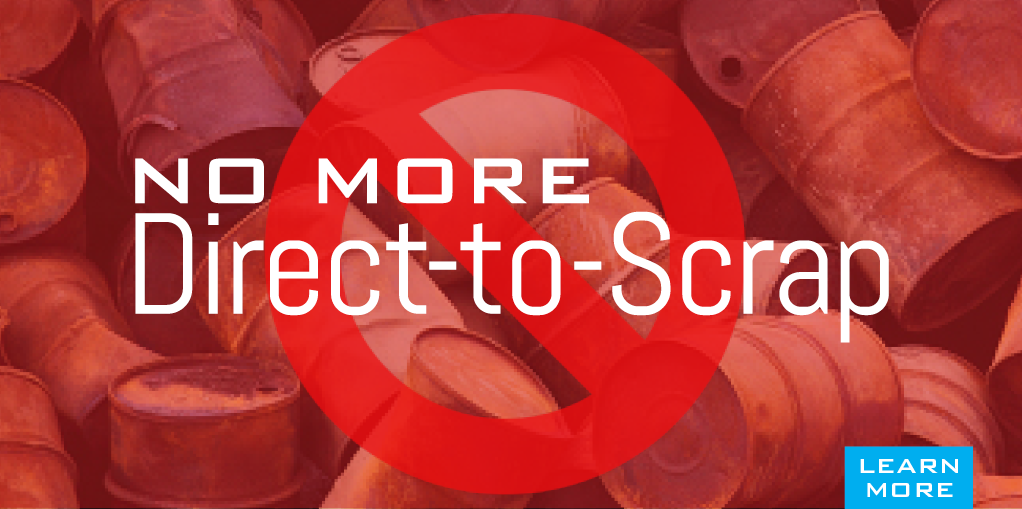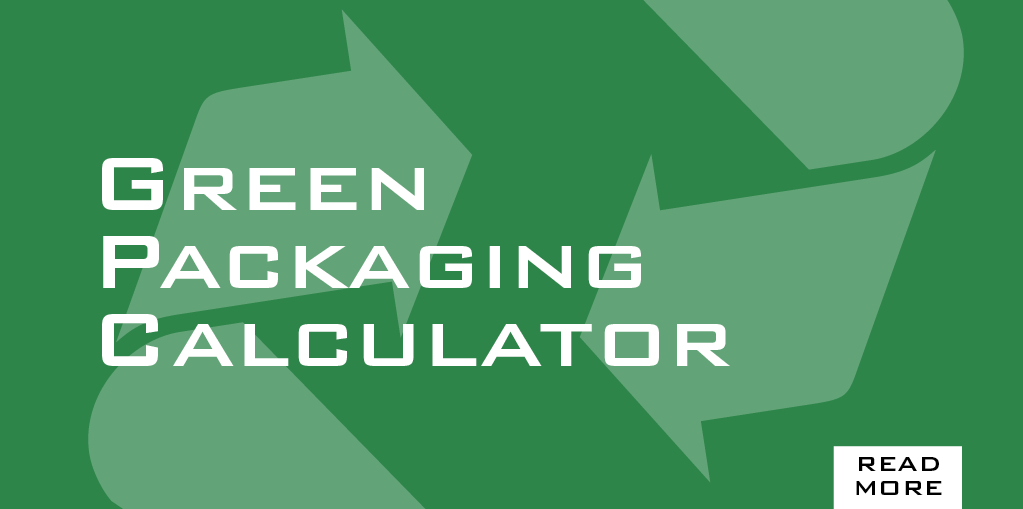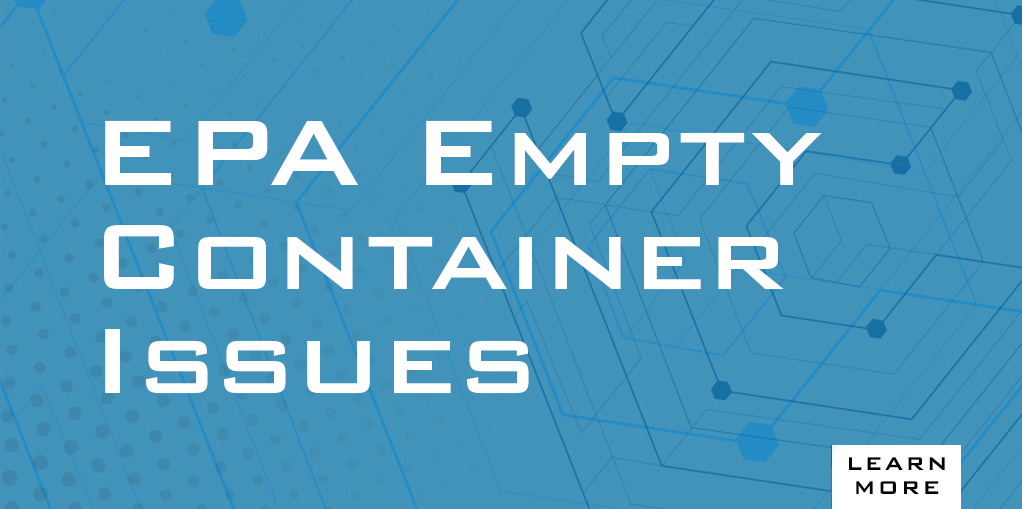RIPA represents companies in North America and around the world that offer sustainable industrial packaging solutions to their customers. Members produce reconditioned and new steel, plastic, and fiber drums, as well as intermediate bulk containers.
Events
RIPA’s Life Cycle Assessment for Newly Manufactured and Reconditioned Industrial Packaging
See HERE a copy of the report on the study conducted by Ernst & Young (.pdf) in October 2015
Readable with Internet Explorer and certain other browsers. If trouble reading, right click the link and save the file; then open.
* * * * * * * * * * * *
RIPA Green Packaging Calculator (here)
The RIPA Green Packaging Calculator is a fast and easy way to determine your company’s “Scope 3” carbon emission savings associated with the use of reusable, reconditioned industrial packagings, i.e. steel and plastic drums and Intermediate Bulk Containers (IBCs).
Life Cycle Inventory of Single-Trip and Multi-Trip Steel Drum Systems in the U.S., Europe and Japan
A 1999 “life cycle inventory” (LCI) conducted for the International Confederation of Container Reconditioners (ICCR) – of which RIPA is a part. The LCI was conducted by Franklin Associates and quantifies overall energy needs, waste generation and emissions for 1000-drum control samples in both single-trip and multi-trip scenarios. The findings show significant savings in the multi-trip scenario.
Climate Change Benefits of Industrial and Transport Packaging Reuse (2024)
Introduction
Nearly three decades ago, governments around the world agreed to the United Nations framework to prevent climate change. The adoption of the Paris Agreement in 2015 represented a huge step toward that goal, advancing international collaboration to transform the global economy toward a safer, equitable, zero-carbon future. The United Nations has adopted 17 sustainable development goals, including several aimed at responsible industrial production and materials usage. At the same time, numerous private sector initiatives have been undertaken to reduce carbon emissions from industrial processes. Among these efforts are Circular Economy programs sponsored by the the Ellen MacArthur Foundation and the World Economic Forum aimed at promoting a “Circular Economy”. The essential principles of the Circular Economy are reduction in materials usage, product and material reuse and recycling of products no longer fit for purpose.
In the United States, various federal agencies, including the Environmental Protection Agency (EPA), and the Departments of Energy and Agriculture, have developed targeted programs to promote and encourage private sector greenhouse gas reduction efforts. Chief among these are EPA’s “Climate Leaders” program and DOE’s Voluntary Reporting of Greenhouse Gasses Program, established under Section 1605(b) of the Energy Policy Act of 1992. More recently, the White House has adopted policies directing all government agencies to reduce carbon emissions to the extent practicable.
Working in cooperation with EPA, more than two-thirds of the states have established Climate Change Action Plans establishing greenhouse gas mitigation policies and programs.
Private sector initiatives focusing on greenhouse gas emission reduction programs are proliferating. Industry organizations representing automobile manufacturers, chemical producers, petroleum manufacturers and iron and steel producers, have established voluntary GHG emission reduction targets for its members.
These and other organizations have accepted the principle that excessive levels of greenhouse gases in the atmosphere will negatively impact the environment and, over time, reduce national and international economic development opportunities. They also believe that a voluntary response is the best way to address greenhouse gas issues at this time.
Reusable Packaging Industry Initiative
The Reusable Industrial Packaging Association (RIPA) promotes policies and practices that encourage additional use and reuse of reusable industrial and transport packaging. Packaging reuse reduces greenhouse gas emissions and RPCCA seeks to encourage greater use of such packagings by corporations. RIPA has commissioned two studies comparing the carbon emissions of new, single-use industrial packagings to multi-use packagings of the same type. The most recent report, “Life Cycle Assessment of Newly Manufactured and Reconditioned Packaging (October 2015; Ernst & Young), showed that industrial packaging reuse already saves several billion pounds of carbon annually and that this number could easily be doubled by increasing reuse.
What is Reusable Industrial Packaging?
The American Society for Testing and Materials (ASTM) has adopted the following definition of the term “industrial package:”
– Industrial package – a package used for the transportation or storage of commodities, the contents of which are not meant for retail sale without being repackaged.*
*ASTM D 996-95 (E 01), Terminology of Packaging and Distribution Environments

MISSION
For more than 80 years, the Reusable Industrial Packaging Association (RIPA) has been the leading trade association representing North American reconditioners, manufacturers and distributors of reusable industrial packaging. RIPA represents over 90% of the industrial packaging reconditioning industry in North America, as well as many of the world’s leading manufacturers of steel, plastic and fiber drums, as well as intermediate bulk containers. The term “industrial packaging” includes steel, plastic and fiber drums, as well as intermediate bulk containers. The RIPA membership also includes many of the leading suppliers of packaging parts and accessories.
As a condition of membership, all RIPA members agree to conform to a Code of Operating Practice, which sets forth specific guiding principles for operations, packaging reuse and recycling. These guidelines are intended to improve the industry’s performance in the areas of regulatory compliance, environmental management, waste reduction and recycling.
RIPA is the industry’s information clearinghouse. The association sponsors workshops and meetings that provide information about issues of importance to the entire industrial packaging business, helping to guarantee its continued success. The group’s Annual Conference, Technical Conference and compliance workshops help ensure that members understand key issues affecting their businesses, and can learn about technical and business developments. The association publishes an industry newsletter, “Reusable Packaging Today,” and distributes Special Bulletins on issues of immediate concern to members.
RIPA is a founding member of the International Confederation of Container Reconditioners (ICCR), which represents the global reconditioning industry in regulatory and standards-setting forums throughout the world.
Apply Online — Reconditioners & Distributors
Reconditioner / Distributor Paper Application
Packaging Manufacturer Application
Supplier / Associate Application
International Reconditioner Application
Canadian Reconditioner Application
Thank you for your interest in joining the Reusable Industrial Packaging Association (RIPA)! RIPA is the premier trade association for reconditioners, manufacturers and distributors of reusable industrial packaging in North America. RIPA offers its members outstanding technical programs, compliance assistance, industry news and issue advocacy. RIPA is the best source of regulatory, technical, legal and business information. Our monthly newsletter, “Reusable Packaging Today”, is read by reconditioners, manufacturers, regulators and packaging users globally. Our website was the first of its kind in the industrial packaging industry and is a great source of information.
RIPA’s meetings give you access to a wide range of important information about emerging business trends, new technologies and industry developments. Our Steel Drum, Plastic Drum, Fiber Drum, IBC and Flexible IBC Product Groups allow members to focus on the issues related to specific packaging products. Every RIPA member can participate in any one or all of these groups. Each Product Group sets its own agenda and can make policy recommendations to the RIPA Board of Directors. Supplier / Associate Members also participate fully in the Product Groups and also elect a representative to the Board of Directors. This category of membership generally includes businesses that provides parts, supplies, and services to container reconditioners and manufacturers.
RIPA is a valuable source of regulatory compliance assistance. Members have access to a staff that knows the fine points of U.S. and international standards. Also, RIPA is the voice of the reusable industrial packaging industry before regulatory agencies, the public and the various international standards-settings organizations. The association works on members’ behalf to help shape laws, regulations and standards that support the manufacture and reuse of reusable packaging. RIPA also supports the international association for reconditioners which conducts important work on standards and policies that affect packaging and reconditioners worldwide. And finally, RIPA interacts with packaging user groups and offers all packaging users clear and accessible information on reusable industrial packaging.
RIPA holds an annual conference each fall and a technical conference each spring. At each fall conference, Supplier Members are invited to set-up displays – free of charge – in the Exhibition Hall adjacent to the main meeting room. More information on upcoming conferences and other events can be found under “Conferences” on this website.
Linked at the top of this page are membership applications for the various categories of membership. See the back of the applications for the dues level or dues scale. For reconditioners and distributors, applications require the accountant’s certification of revenue included in the form.
For a complete overview of RIPA member benefits read “RIPA Member Benefits.“
Officially, there is a 30-day period of review for all applications. However, all applicants are added to RIPA’s e-mail lists for important mailings as soon as applications are received.
If you have any questions, please contact us at (301) 577-3786. Thank you!



